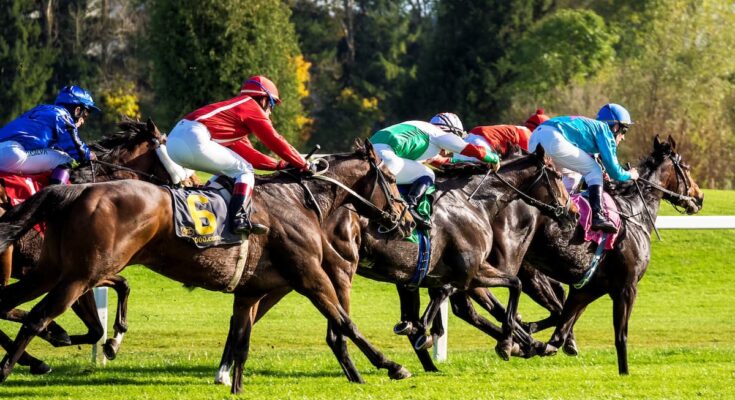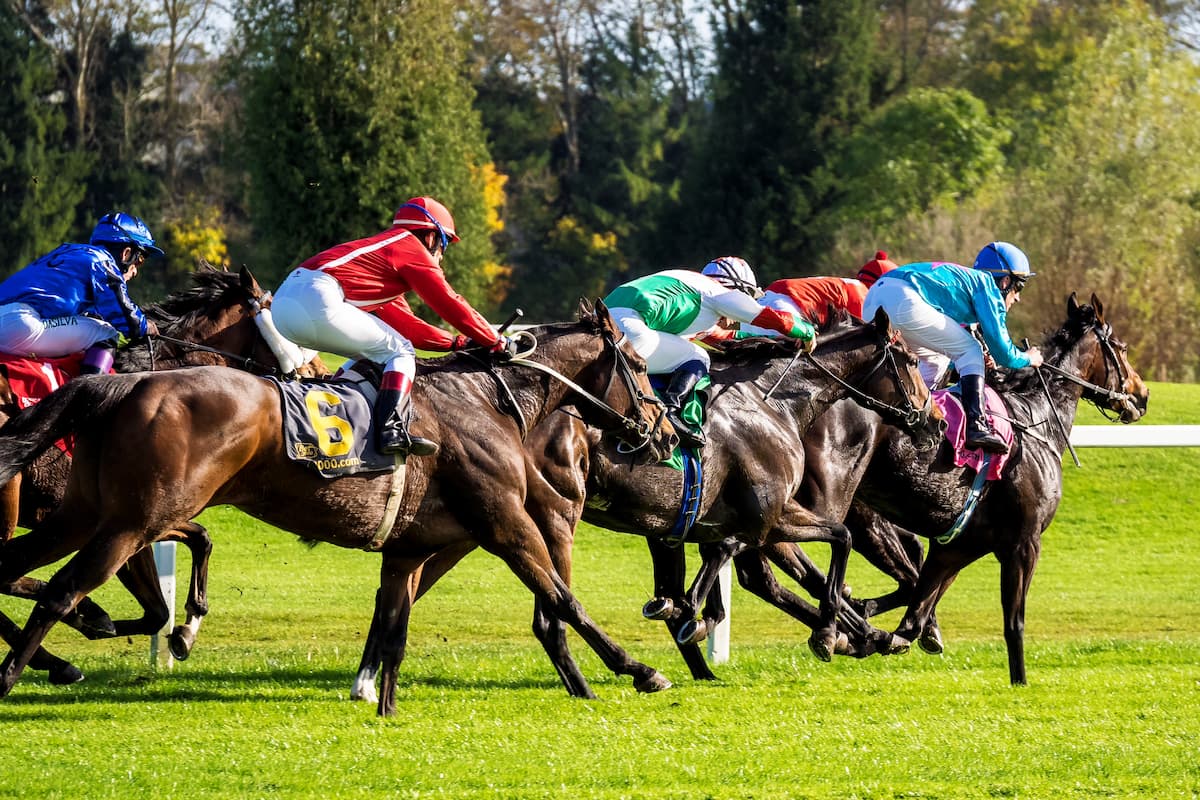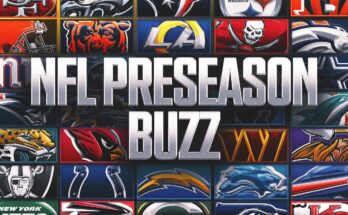UK horse racing is like a grand old tree.
Its branches reach across every corner of the country, from Fakenham to Hexham, Newton Abbot to Perth. But it’s not the height of the tree that matters most when the wind picks up. It’s the roots.
And right now, the winds are rising — changing legislation, tighter gambling rules, shrinking rural economies, shifting public values. If horse racing wants to stand tall for another century, it needs to grow its roots locally, not just polish its crown.
It needs to do what a small rugby league club in Keighley did in the 1990s.
It needs to build something that belongs to the people.
It needs its version of Cougarmania.
The Small Club That Changed a Sport
In the 1990s, Keighley, a small town rugby league club with no top-flight pedigree, decided to go big. Owners Mike Smith and Mick O’Neill took a gamble: they rebranded the club with an American-style identity — Keighley Cougars.
They weren’t the first club to stick an animal on the end of their name. But they were the first to turn it into a cultural movement.
And from that moment, everything changed.
Embed from Getty Images
Not Just a Name
Cougarmania wasn’t a rebrand. It was a revolution.
Pre-match fireworks. Music. Merchandise. Mascots. Cheerleaders. Flags. Chants. Colour. Every home game became an event. Every game was for the whole town, not just hardcore fans. It looked like fun. It was fun.
But it wasn’t style over substance. It was smart, strategic, and sincere. The Cougars ran local ad campaigns. They built links with schools. Players visited community centres. Children met their heroes. The club listened to the fans and made them feel like owners, not spectators.
They weren’t just playing rugby. They were staging a show the town could star in.
Attendance soared. Local pride exploded. And other clubs followed their lead: Leeds became the Rhinos. Bradford became the Bulls. Castleford became the Tigers. A movement was born.
Keighley didn’t just water their tree.
They grew roots that held.
Racing’s Forgotten Power- The Local Track
When people think of UK horse racing, they think of the big days — the Gold Cup, the Derby, Royal Ascot. But the heartbeat of the sport is in the small tracks. The ones that serve working towns, rural communities, and regional traditions.
These are the courses where people bring their kids, where you see neighbours in the paddock. The local bakery sells pies in the food tent. These are the places where racing still feels close to the ground.
But they’re also the most at risk. Shrinking crowds. Weakened betting markets. Cost-of-living pressures. Fewer local media. Some towns have already lost their tracks. Others are barely holding on.
The mistake is thinking they need more promotion.
What they need is belonging.
What Racing Can Learn
Racing can create that kind of bond. But it takes more than a family enclosure and a bouncy castle.
It takes identity.
Imagine if a local school named a racehorse every year — and followed it through the season. Imagine if a syndicate was formed not by wealthy investors, but by 500 people from the same postcode owning a tenner’s worth of a locally-trained runner. Imagine a track’s silks redesigned by the local primary school for one race. Imagine open days at stables—TikTok tours with stable staff. Community heroes celebrated across races.
Imagine a town falling in love with its racecourse again.
That’s how you grow a sport — not by shouting louder, but by inviting people in.
The Real Power of Keighley Cougars
Keighley’s rugby club never became rich. They were even denied their dream, despite topping the league. But something more valuable remained.
The fans stayed. The name endured. And the story was passed on from one generation to the next.
Because it was never just about rugby. It was about Keighley.
That’s the future racing should be chasing — not just more footfall, but more meaning.
Water the Routes before the Wind Blows
The winds aren’t slowing. Tax changes, cultural shifts, and rural challenges will keep coming.
If local racecourses want to stand tall, they need more than history. They need roots — roots in schools, high streets, community halls, and families.
Cougarmania wasn’t just lightning in a bottle. It was a plan, delivered with courage, creativity, and connection.
If horse racing wants to thrive, it should stop looking only at the branches and start digging into the soil.
Because if a small rugby league club in Keighley could build something unforgettable…
So can a racetrack near you.
Source link



